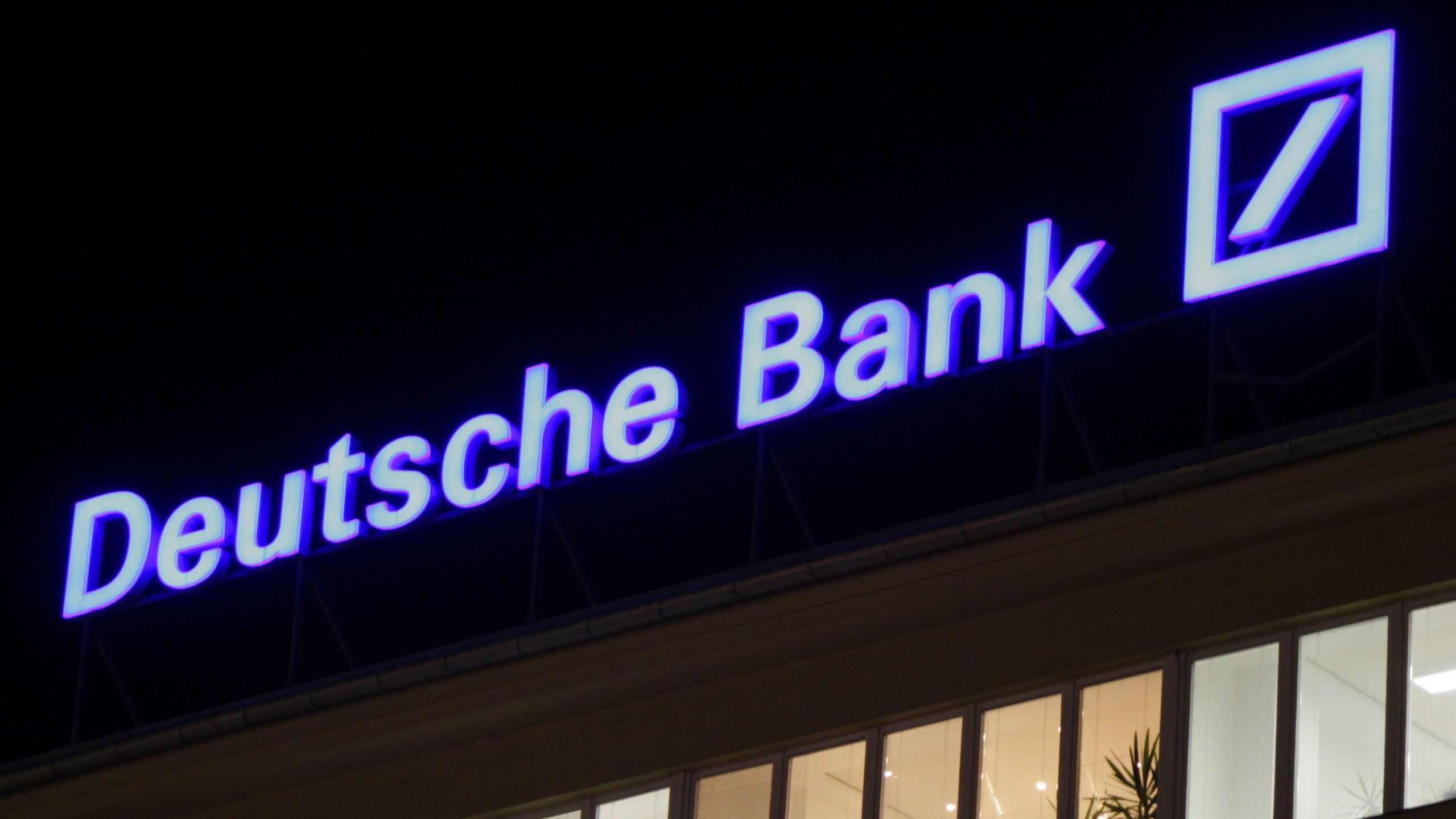Grayscale's Crypto ETF Approval & Conversion

The United States Securities and Exchange Commission (SEC) has officially approved the conversion of Grayscale’s Digital Large Cap Fund into an exchange-traded fund (ETF), marking a pivotal moment as it represents the first multi-crypto basket index to trade as an ETF in the U.S. This groundbreaking approval allows traditional investors to gain exposure to a diversified portfolio of major cryptocurrencies without directly holding the digital assets.
The newly structured Grayscale Digital Large Cap ETF will track the CoinDesk Five Index, comprising the five largest cryptocurrencies by market capitalization: Bitcoin (BTC), Ethereum (ETH), XRP, Solana (SOL), and Cardano (ADA). According to the SEC filing and Grayscale’s reports, the fund’s portfolio balancing at the time of approval showed a dominant allocation to Bitcoin, approximately 80% to 80.2%, followed by Ethereum at around 11% to 11.3%. XRP accounted for approximately 4.8%, Solana for 2.7% to 2.8%, and Cardano for 0.8% to 0.81%. As of June 30, Grayscale reported the fund managed non-GAAP assets totaling approximately $775 million.
Initially launched in 2018 and trading on the OTC Markets under the ticker GDLC since 2019, the fund is now set to be listed on the NYSE Arca exchange. This transition will facilitate continuous trading and enable on-exchange creation and redemption of shares, significantly enhancing liquidity and accessibility for investors. Grayscale has been a pioneer in crypto investment vehicles, providing a crucial gateway for traditional investors to access digital assets. The firm’s successful conversion of its Bitcoin trust into an ETF, despite initial SEC resistance and a subsequent legal victory in August 2023, has set a precedent, although its Bitcoin ETF currently has the market's highest expense ratio at 1.5% while being a leading revenue generator.
This approval is underpinned by significant regulatory adjustments. The SEC’s order includes amendments to NYSE Arca Rule 8.500-E, which now accommodates trust units issued by limited-liability companies and recognizes index-based portfolios. The Commission has affirmed that NYSE Arca’s surveillance measures and asset-quality requirements sufficiently satisfy Section 6(b)(5) of the Securities Exchange Act, designed to prevent market fraud and manipulation. This aligns with broader industry expectations, especially concerning the imminent launch of the first spot Solana ETF in the U.S., a development eagerly anticipated by the market.
The ripple effect of Grayscale’s approval extends to other firms actively pursuing crypto index ETFs. Bitwise, for instance, submitted a Form 19b-4 to uplist its $1.3 billion Bitwise 10 Crypto Index Fund (BITW). Hashdex has also petitioned the SEC to expand its Nasdaq Crypto Index US ETF by adding seven altcoins, aiming for a full conversion of its diversified trust. Furthermore, Franklin Templeton entered the fray earlier this year with its own paperwork for a crypto index ETF, signaling a growing institutional interest in diversified digital asset exposure.
In a move that could reshape the landscape of crypto ETF launches, the SEC is reportedly considering a streamlined listing process. According to reports, future crypto ETFs meeting specific criteria might be allowed to launch without the traditional, lengthy 19b-4 rule-change filing. Instead, issuers could submit a standard S-1 registration statement, undergo a 75-day review period, and proceed directly to listing on exchanges if their tokens comply with new listing standards. This potential shift would drastically accelerate the introduction of new crypto ETFs to the U.S. market by reducing regulatory friction and approval timelines, although eligibility criteria for specific digital assets under this new system remain unclear.
The broader regulatory environment is also seeing significant movement, with the SEC already approving the REX Shares Solana ETF (STAK), which notably incorporates staking rewards into its investment model. This approval could pave the way for a new generation of staking-enabled altcoin ETFs. Despite this, the SEC’s cautious approach to staking remains evident, as seen in its delayed decision on whether the Bitwise spot Ether ETF could include staking features and the postponement of the Osprey Bitcoin Trust’s trading approval.
Market analysts are highly optimistic about the future of altcoin ETFs. Bloomberg ETF experts Eric Balchunas and James Seyffart have raised the probability of SEC approval for spot ETFs tracking Solana, XRP, and Litecoin to 95%, with final decisions anticipated by October. A 95% probability has also been assigned to the potential approval of a spot ETF tracking a basket or index of crypto assets, potentially as early as this week. Additionally, there's a 90% approval probability assigned to spot ETFs for Dogecoin, Cardano, Polkadot, Hedera, and Avalanche, with decisions slated for the fourth quarter. While mainstream altcoins appear poised for ETF status, more niche projects like Sui and Tron face a more uncertain regulatory path with lower approval odds of 60% and 50% respectively, based on filings by Canary Capital.
However, despite these bullish forecasts and regulatory progress, all five cryptocurrencies included in Grayscale’s newly approved ETF basket experienced declines immediately following the announcement. Bitcoin decreased by 1% over 24 hours, Ethereum by 2.2%, XRP by 0.55%, Solana by 5.7%, and Cardano by 4.4%. Nevertheless, the SEC’s evolving stance, coupled with these significant approvals and discussions around simplified processes, signals the beginning of a new era for crypto investment access through traditional financial markets.











